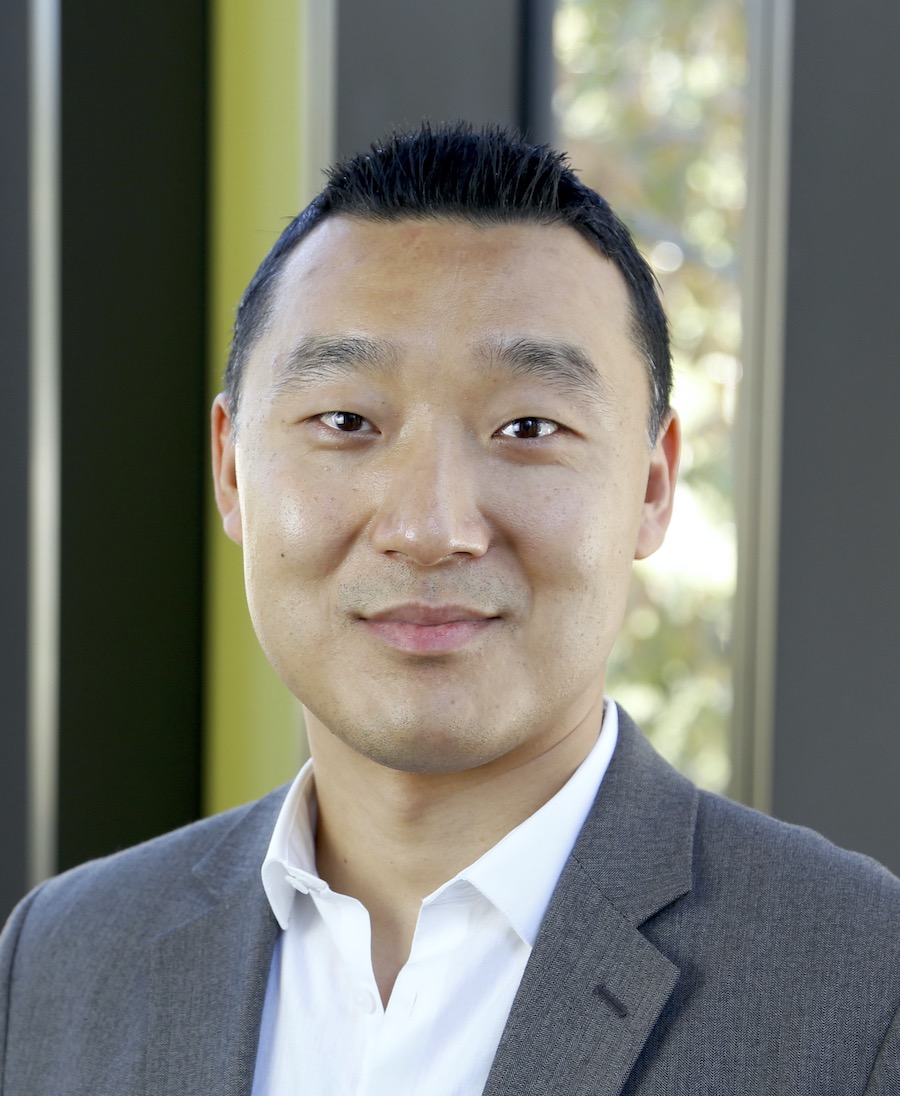ACML 2024 Distinguished Speakers Series: Professor Yisong Yue
ACML 2024 Distinguished Speakers Series: Professor Yisong Yue
Yisong Yue is a Computing and Mathematical Sciences Professor at the California Institute of Technology. He was previously a research scientist at Disney Research. Before that, Yisong Yue was a postdoctoral researcher in the Machine Learning Department and the iLab at Carnegie Mellon University. He received a Ph.D. from Cornell University and a B.S. from the University of Illinois at Urbana-Champaign.
Yisong is also the General Chair of the ICLR 2025 (International Conference on Learning Representations). Yisong's research interests are centered around machine learning, particularly getting theory to work in practice. To that end, his research agenda spans fundamental and applied pursuits, from novel learning-theoretic frameworks to deployment in autonomous driving on public roads. His work has been recognized with multiple paper awards and nominations, including in robotics, computer vision, sports analytics, machine learning for health, and information retrieval. He also spends time in industry, working on autonomous driving and AI agent design.

Prof. Yisong Yue
California Institute of Technology
This talk overviews research at Caltech on designing hybrid or neurosymbolic AI systems that blend learning with symbolic structure to achieve both the flexibility of the former and the formal interpretability and generalization power of the latter. By having formally interpretable systems, one can employ a wide range of formal analysis techniques to verify essential properties of the overall system, such as those related to safety and stability, and use those analyses to guide system design and optimization. Focusing on formally interpretable structure arising from control and planning, he will present new algorithms and their deployment in a range of applications, including agile flight control under challenging and time-varying environments, controlling highly underactuated systems (e.g., one-legged hoppers), as well as briefly overview other related research.